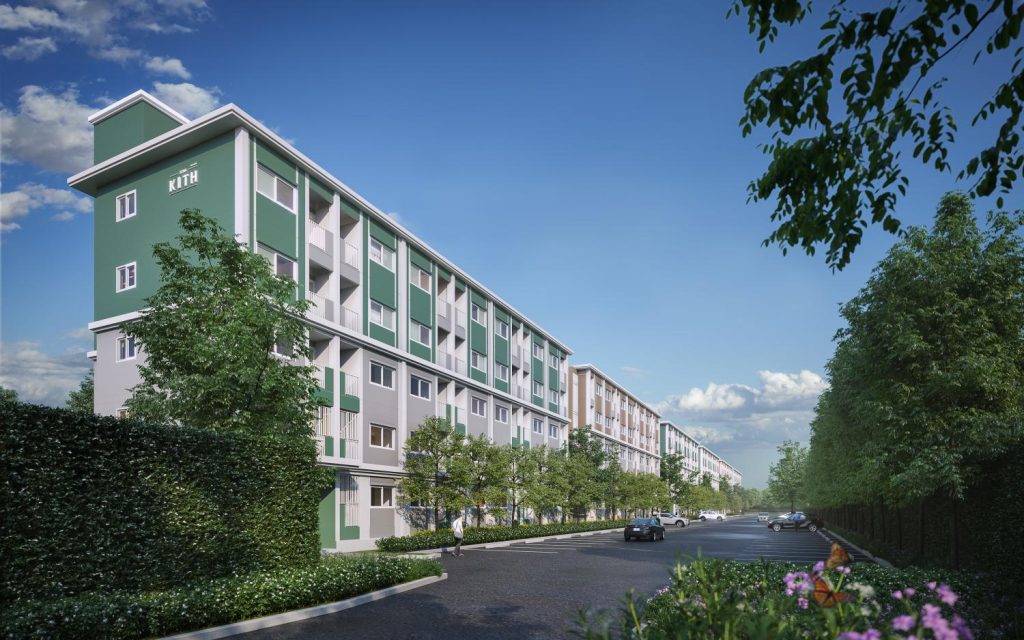When considering the purchase of a condo, many buyers focus primarily on the listing price, viewing it as the most significant expense in the transaction. However, the costs associated with buying a condo extend far beyond the initial price tag, encompassing a range of hidden expenses that can significantly impact your budget. Understanding these costs is crucial for making an informed decision and avoiding financial strain in the future. One of the most notable hidden costs is the association fees. Condominiums are typically governed by a homeowners association HOA, which charges monthly or annual fees to cover maintenance, repairs, amenities, and other shared expenses. These fees can vary widely based on the location, size of the complex, and the amenities offered, ranging from a few hundred to over a thousand dollars each month. It is essential to thoroughly review the HOA budget and financial statements to understand what the fees cover and whether they are likely to increase in the future. In addition to HOA fees, buyers should also factor in property taxes.

While property taxes are applicable to all real estate purchases, condo buyers may be surprised by how these taxes are assessed. Some municipalities have different tax rates for condos compared to single-family homes, and the assessment process can sometimes lead to unexpected increases in annual taxes. Therefore, researching local tax rates and potential fluctuations is vital. Insurance is another significant consideration. Most mortgage lenders require buyers to obtain a homeowners insurance policy, which protects against damage to the interior of the unit. However, this policy typically does not cover common areas or the building’s exterior, which are insured by the HOA. Therefore, buyers should be prepared to pay for their insurance policy while also ensuring they understand what the HOA’s master insurance policy covers. Maintenance costs can also accumulate over time. While one of the advantages of condo living is the reduced maintenance responsibilities compared to single-family homes, there are still expenses to consider.
As a unit owner, you will be responsible for the upkeep of your interior space, which includes routine maintenance, repairs, and potential upgrades. Moreover, if the HOA decides to undertake significant repairs or renovations to the building or common areas, it may impose special assessments on residents, requiring additional one-time payments that can be substantial. Finally, it is important to consider the potential for resale costs. While condos can be an attractive investment, market fluctuations can affect their value. Buyers should be aware of the resale history of the complex, the overall market conditions, and any factors that might influence property values in the future, such as developments or zoning changes in the area. In conclusion, purchasing The Orie Condo involves more than just the initial price. By understanding the hidden costs associated with HOA fees, property taxes, insurance, maintenance, and potential resale considerations, buyers can make a more informed decision and better prepare themselves financially for condo ownership. Thorough research and careful budgeting are essential to ensure a positive and sustainable living experience in your new home.
